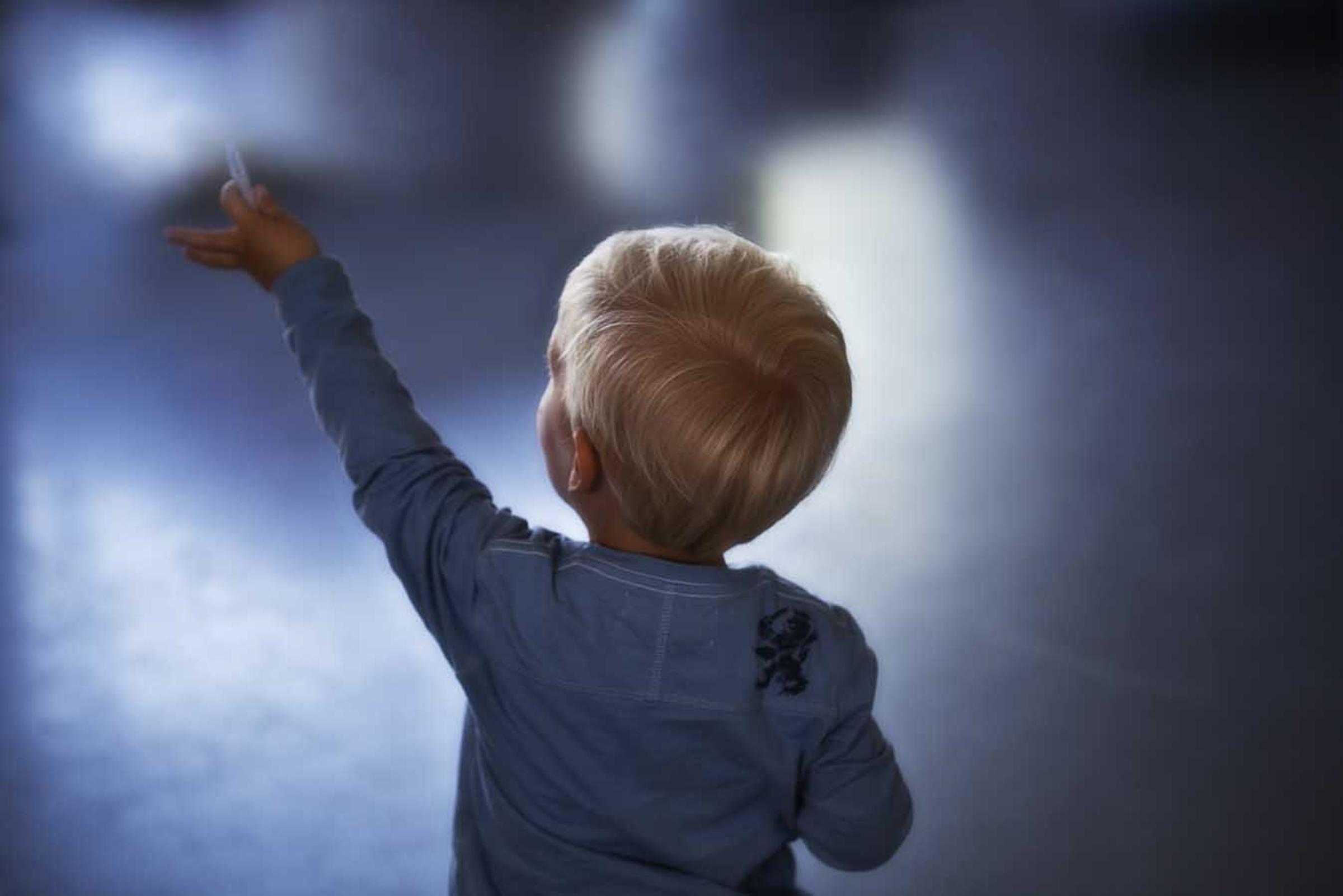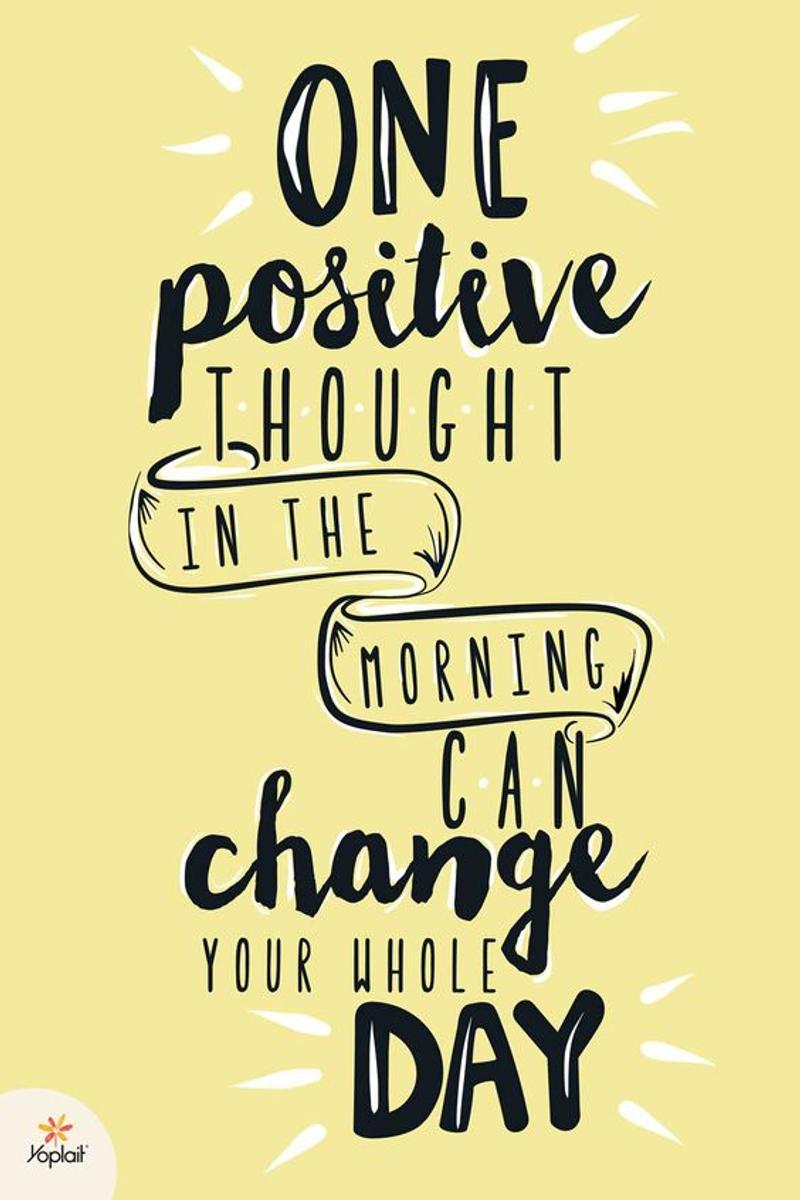
Wellbeing
SFS Twilight Community Market
We are crossing our fingers and hopeful that we will get to celebrate our Twilight community market this year on Thursday 4th November. Only 10 weeks to go!! It’s not too late for a stall. If you have a small business to promote, please email me for more details, rlenko@sfslynbrook.catholic.edu.au
The Resilience Project
Gem TV is back! From Monday this week, watch Martin Heppell and this energetic and engaging series designed to support the wellbeing of young people.
What you need to know:
|
First time tuning in to GEM TV? Here's a little preview of what you can expect...
National Child Protection Week
At SFS, Child safety is a top priority. National Child Protection week runs from 5-11 September 2021. The theme this year is:
Every child, in every community, needs a fair go.
To treat all of Australia’s children fairly, we need to make sure every family and community has what kids need to thrive and be healthy.
We will focus on this with the students at school and explore the key theme. There are some great resources for parents and careers on the NAPCAN website and brochures that are informative and helpful. Please see the website for more information. https://www.napcan.org.au/napcan-brochures/
Covid 19 and mental heath
As we face such challenging times, a lot has been said in the media recently about the negative impact of Covid 19 and being in our 6th lockdown and our mental health. There are some helpful resources that you might find helpful at this time.
- Beyond Blue has a corona virus mental wellbeing support service
https://coronavirus.beyondblue.org.au/
This website will be regularly updated with information, advice and strategies to help you manage your wellbeing and mental health during this time.
There is also a helpful article with 10 ways to take care of yourself during this difficult time.
- Headspace has some helpful tip sheets and resources online.
https://headspace.org.au/covid-19/
This is a tip sheet for young people to help them adjust to life with all the changes
This is a tip sheet for parents to help them balance working from home and helping their children with online learning.
https://headspace.org.au/young-people/how-to-cope-with-stress-related-to-covid-19/ This tip sheet has some strategies for young people to help them cope with stress related to remote learning and lockdown.
If you are worried at all about your mental health, your children or family members, please contact one of the following support lines for help.
Mental Health Support Lines
Where to get help
- Headspace (ages 12-25) - call 1800 650 890
- Kids Helpline (ages 5-25) - call 1800 551 800
- Lifeline (24/7 crisis support) - call 13 11 14
- Beyond Blue (mental health support service) - call 1300 224 636
- Butterfly National Helpline (eating disorders) - call 1800 334 673
- 1800RESPECT (People impacted by sexual assault, domestic violence, and abuse) - call 1800 737 732
- Suicide Call Back Service (all ages) - call 1300 659 467
- Mensline (24/7 counselling service for men) - call 1300 789 978
- QLife (LGBTI peer support and referral) - call 1800 184 527
Prioritising mental health in a digital world
The following article is taken from the Parenting Ideas School website, it is written by Dr Kristy Goodwin, who is a digital wellbeing and performance speaker, author and researcher. The article is about mental health and digital technology.
Whilst there may not yet be conclusive evidence linking digital media use to poor mental health outcomes there’s no denying that it’s one of the chief concerns facing parents and educators of children and adolescents, growing up in a digital world. The contradictory research findings confirm that this is a complex topic. There’s certainly consensus in the research that young people are heavy technology users, which comes at a cost of their psychological and physical needs. Their digital behaviours eat into the time that was once available for three pillars of mental health – sleep, relationships and exercise.
Minimising sleep disruption
Sleep is vital for mental wellbeing and emotional regulation in childhood and adolescence. Inadequate amounts or poor-quality sleep can cause mental health issues.
Studies consistently show that Australian children and teens aren’t getting enough sleep. Digital device use is also linked to sleep disruption, impacting the sleep-wake cycle. The Lancet study suggested that nearly 60% of the impact of young people’s psychological distress could be attributed to disrupted sleep and exposure to cyberbullying.
Parents need to remind children and young adolescents about the critical role sleep plays in their psychological wellbeing. Parents can help adolescents foster healthy social media habits by establishing a digital curfew, keeping devices out of bedrooms and discouraging teens from ‘bookending’ their day with social media as it can easily trigger the stress response at these times.
Maintaining healthy relationships
Positive relationships are fundamental to a young person’s psychological wellbeing. Adolescents are biologically wired for relational connection. They want to be part of a tribe. Whilst teens and pre-teens may insist that technology connects them and caters for their relational needs, if used excessively or inappropriately, technology use can compromise their relationships and deteriorate their mental health.
Parents need to encourage and sustain opportunities for real interactions amongst adolescents. When we connect in-person the brain releases oxytocin, the social bonding hormone, which isn’t replicated online. The need for keeping a balance between digital and face-to-face interactions is paramount.
Ensuring sufficient exercise
Sedentary social media and digital consumption frequently replaces physical movement on weekends and after school, which are the opportunity times for kids’ sport, free play and outdoor activities.
Brain science now informs us that physical exercise boosts serotonin and neurotransmitters such as dopamine and norepinephrine that play a critical role in regulating adolescents’ mood. Lack of exercise is now being linked to the current anxiety epidemic that we are seeing in young people.
Provided as a part of our school’s Parenting Ideas membership parentingideas.com.au Parents need to ensure that children experience a minimum of 30 minutes exercise, and teens a minimum of 60 minutes. “Go outside and play” is a term that this generation needs to hear as frequently as children in past eras.
In closing
The research into the links between kids’ digital technology use and their mental health presents a complex picture that defies simplistic conclusions. Blanket statements and headlines that suggest screens and social media are to blame for kid’s poor mental health aren’t helpful as technology is now a part of all our lives. However, there is enough evidence to suggest that the key pillars of mental health outlined above can be severely impacted by the overuse of digital technology. All things in moderation, a common guideline for healthy living, is best when considering kids’ social media and digital technology use.
If you have any concerns about the wellbeing of your child, please do not hesitate to contact me. If you are particularly concerned about the wellbeing of your child during remote learning, please contact me. I am happy to arrange a Google Meet session to discuss some positive coping strategies and check in with your child of you feel it would benefit them.
Thought for the day
Rachel Lenko
Student Wellbeing Leader



